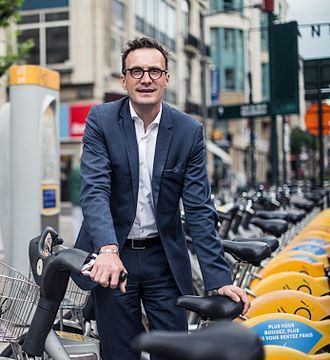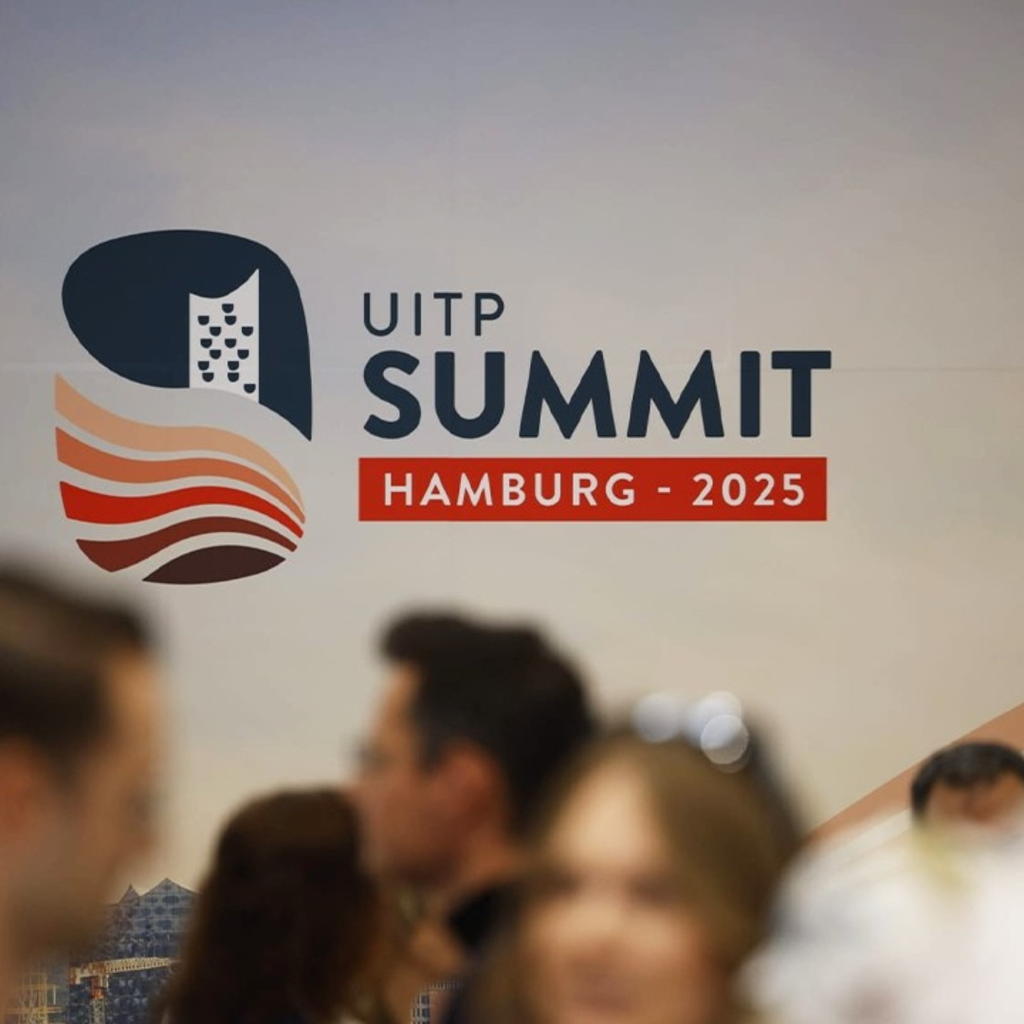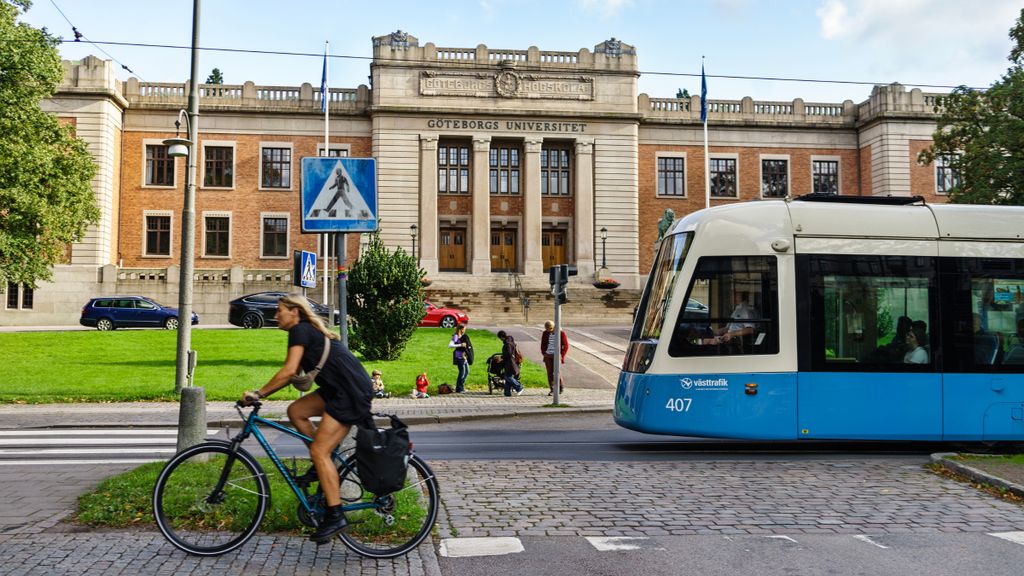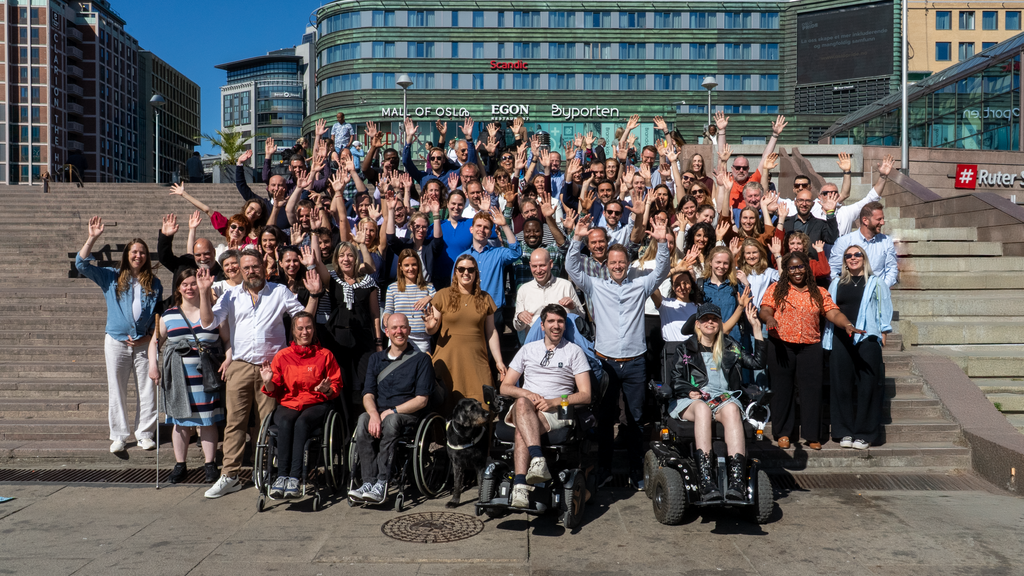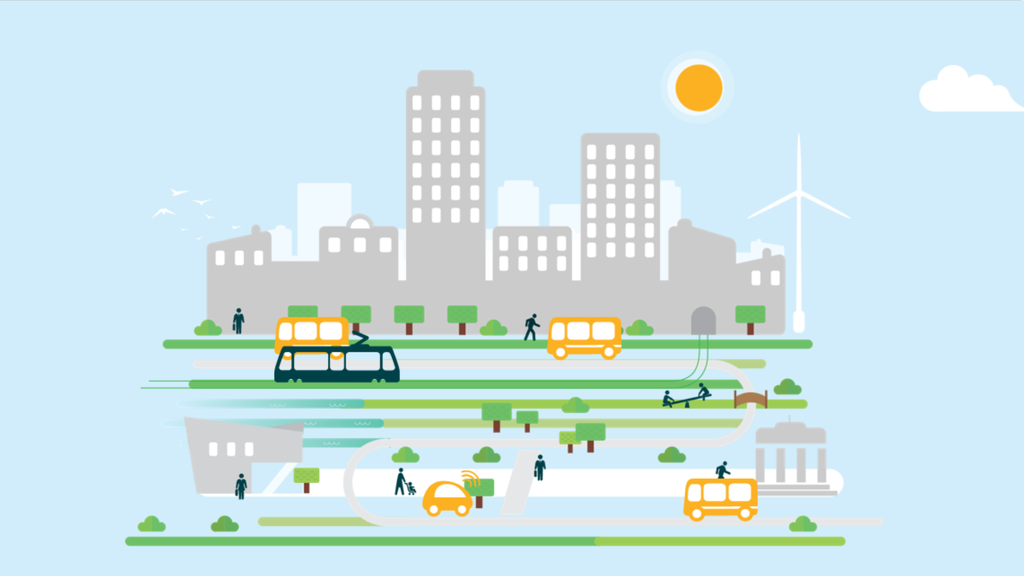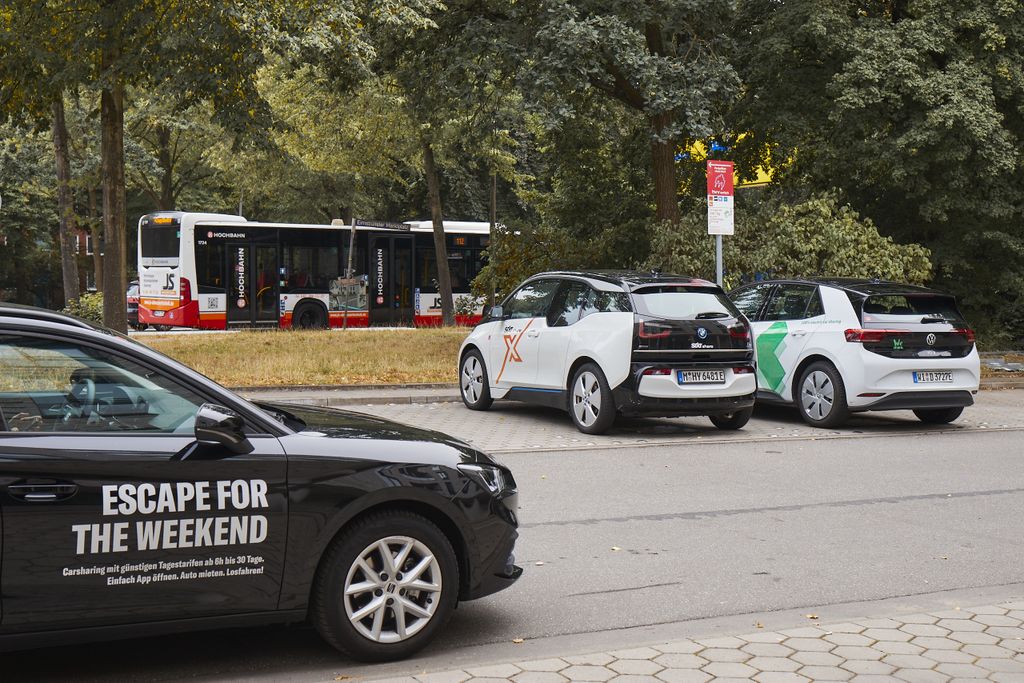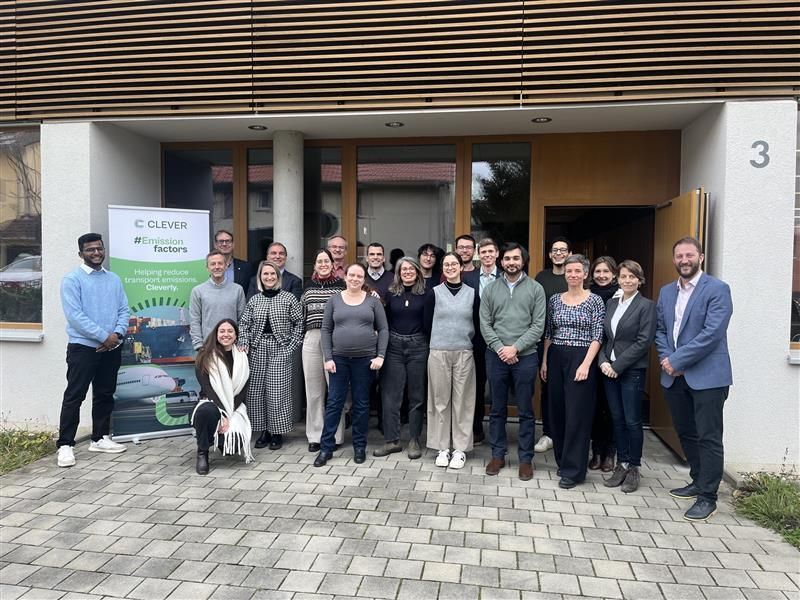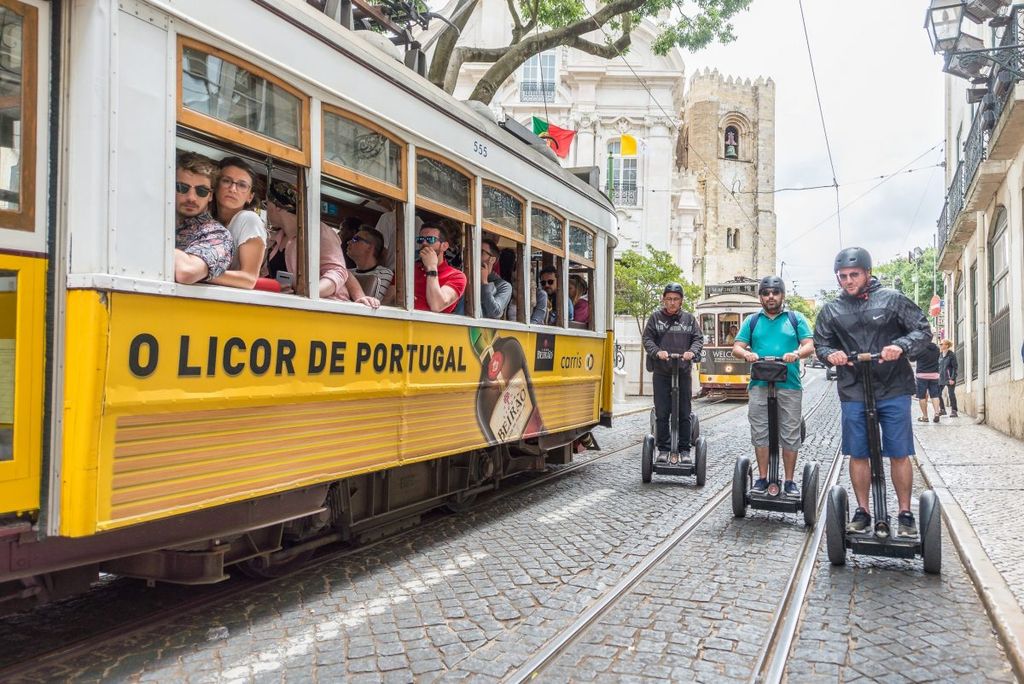
Better streets for better cities: MORE project ends with lessons learnt for people-centric design
“One of the core functions of a city is the interaction of human beings.”
Yesterday marked the final event for the EU-funded research project, MORE, of which UITP was a partner.
The project took a hard look at the growing pressures on public space in cities, as populations and economies grow, and mobility levels are increasing. With diversifying modes of transport, MORE’s partners have developed design concepts for context-sensitive streets and encouraged dynamic street design to accommodate a variety of activities – place and movements related – to reduce car heavy cities dominance and efficient use of space. The project was centred around the importance of cities for people.
Gathering in Brussels and online, policy makers, multidisciplinary experts and city practitioners who have contributed to shape innovative concepts and tools for the reallocation of street space presented three years’ worth of research findings and consolidated recommendations.
Inspiring speeches
The event kicked off by two inspiring opening speeches, firstly from Matthew Baldwin, Deputy Director General DG MOVE, Chair of EU Mission for 100 Climate-Neutral and Smart Cities, who placed the importance of MORE’s research findings and recommendations within the wider EU Green Deal and the Urban Mobility Framework. Cities are fundamental in the action against climate change and the focus on public physical space and its needs for citizens represents the ability to live sustainably with the harmonious integration of sustainable mobility.
Space that can and should be adapted to accommodate its safe use by all road users. Space is not inherently free but there is an inherent right to drive or park your car on public space. MORE has brought together the mobility experts and the planning expert into the same room – which has not always been the case.
The second came from Pascal Smet, Secretary of State of the Brussels-Capital Region, responsible for Urbanism, who delivered key policy lessons on the Brussels’ story turning streets for cars into streets for people; from making people dream to sticking to your vision against opposition and changing the mentality.
Eighteen years ago when I moved to Brussels, people shouted at me, “Go back to Flanders, we don’t bike in Brussels! It is not what we are, you are changing our DNA.” And today, people are asking for separated and secure cycling lanes. So, if Brussels can change it, everyone can change it.
MORE is MORE: Delving into the project outcomes
Delving into the MORE’s research results and recommendations, the day was jam packed with presentations from project partners sharing their research results, various tools to engage stakeholders and analyse policy interventions. Challenges facing the streets and conflicts between different users were identified; street carbon was presented as a current source for reducing city’s’ street carbon footprint especially due to the rise in electric vehicles, MORE’s concepts and 8 street design principles were outlined and how policy and regulatory frameworks play a critical role in streetscape activation and mobility interventions. And that was just in the morning!
After lunch, the floor was given to the five European cities and their first-hand experience from applying the MORE concepts and tips for success with practical new designs of stress sections of major streets. The cities involved were Lisbon, Malmö and Constanta along with public transport authorities BKK Centre for Budapest Transport and Transport for London.
Some of the key messages and recommendations for designing streets were:
- Classify urban networks in terms of their Movement and Place functions.
- Consider the street as an ecosystem.
- Build extensive stakeholder engagement into the process – move beyond passive consultation.
- Reorganise governance arrangements to enable better coordination of actions
- Explore the possibilities for time-specific and dynamic space allocation.
- Where possible, ‘future proof’ designs to be responsive and adaptable to future pressures and risks e.g ageing populations and new technologies, increasingly digitised streets and cybersecurity threats.
- Develop appraisal methods that fully recognise and value the place components of streets design.
- Consider the role that streets planning and design can play in supporting high-level wider urban policy objectives, at EU and national levels. In particular, the EU’s net-zero carbon strategy and the Efficient and Green Mobility Package, prioritising active mobility.
For all recommendations, presentations from the event, further details on design concepts and tools used in the project, check out the MORE website!
Missed out? Well, it is not over yet…
Starting from Monday, MORE will host four online workshops to discuss bringing life back to streets, what’s next for TEN-T policy in Europe following the launch of the new Urban Mobility Framework, and the advances in technologies and future scenarios for urban mobility.
A dedicated session will present the tools developed by MORE, which will help transport and planning authorities engage citizens in the road space redesign process.
2025 Training Calendar


